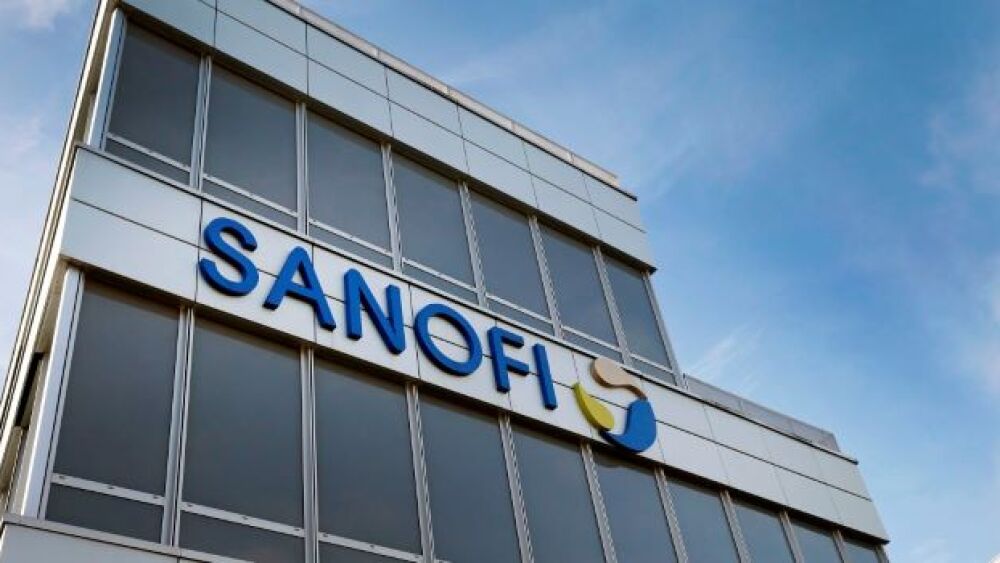Sanofi will more than $1 billion to build out its mRNA facilities and programs over the next several years. The site is expected to become operational in 2025.
Chesnot/Getty Images
On Monday, Sanofi laid the first stone in the construction of its Evolutive Vaccine Facility, which is expected to be a fully digitalized production site the company believes will “transform the way we make vaccines and treatments.”
In addition to the beginning of construction, Sanofi announced an investment of more than $1 billion into the development of new mRNA programs. That is on top of other funds it has already invested into the field. According to Bloomberg, Sanofi will invest the funds over the next several years to build out its mRNA facilities and programs. The site is expected to become operational in 2025.
In June of 2021, Sanofi announced a big move into mRNA research and development, driven, in part, by the success of the mRNA vaccines developed by Moderna and the team of Pfizer and BioNTech. The company pledged to invest €400 million, about $436 million.
The new facility in France, which was announced last year, is expected to support a full mRNA value chain, supporting R&D efforts all the way to product production.
In addition to the mRNA facility, Sanofi has also made additional acquisitions to bolster its position in the rapidly-scaling field. Prior to the announcement of the R&D site in France, Sanofi acquired Tidal Therapeutics, which develops the nanoparticles capable of delivering mRNA to the cells. Then, in August 2021, the company plunked down $3.2 billion to acquire Translate Bio, a company it had partnered with for several years on the development of mRNA vaccines. Prior to the acquisition, the companies had been collaborating on vaccines for both the COVID-19 pandemic and an influenza vaccine.
Months after the acquisition of Translate Bio, Sanofi announced positive interim data from a Phase I/II study of its first mRNA vaccine candidate. In September 2021, Sanofi said the interim data showed neutralizing antibody seroconversion, which was defined as a four-fold increase compared to baseline in 91% to 100% of study participants, two weeks after a second injection. The tolerability profile was comparable to that of other unmodified mRNA COVID-19 vaccines.
However, shortly after the announcement of that positive interim data, Sanofi said it intended to halt the development of its mRNA COVID-19 vaccine due to the market dominance of Moderna (which the company has a manufacturing deal for that vaccine) and Pfizer and BioNTech. The company intended to build upon the data seen in the Phase I/II study and repurpose their mRNA assets for other indications, such as influenza and other infectious diseases.
With the facility in France and the acquisition of both companies, Sanofi aims to carve out its position in the mRNA space through the integration of dedicated research and development capabilities, as well as chemistry, manufacturing and controls. Last year, the company said that it planned for its mRNA research to be spread across multiple facilities, including its Cambridge, Mass. site and a facility in Lyon, France.





